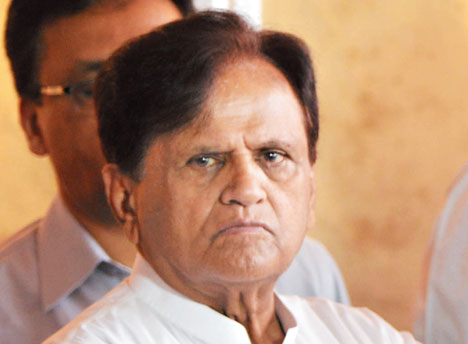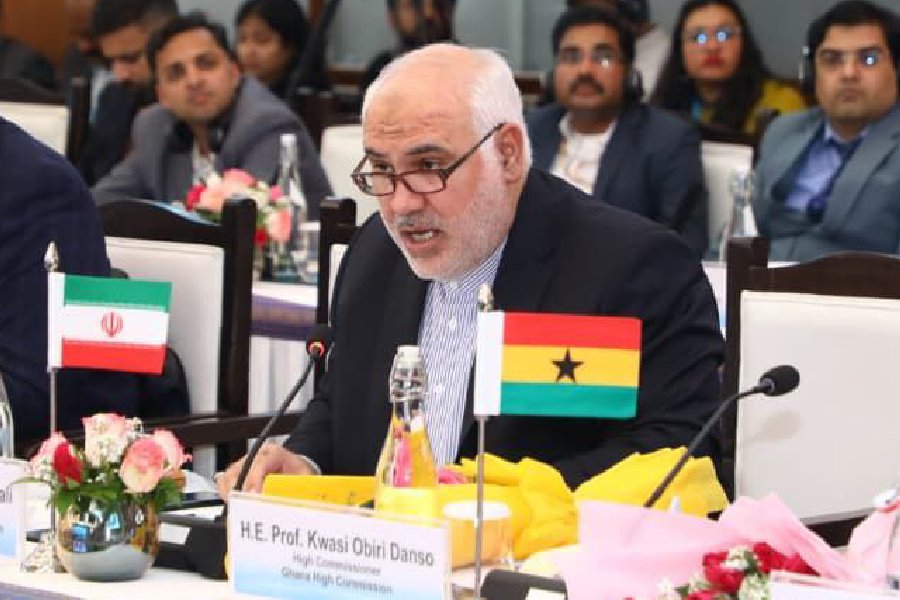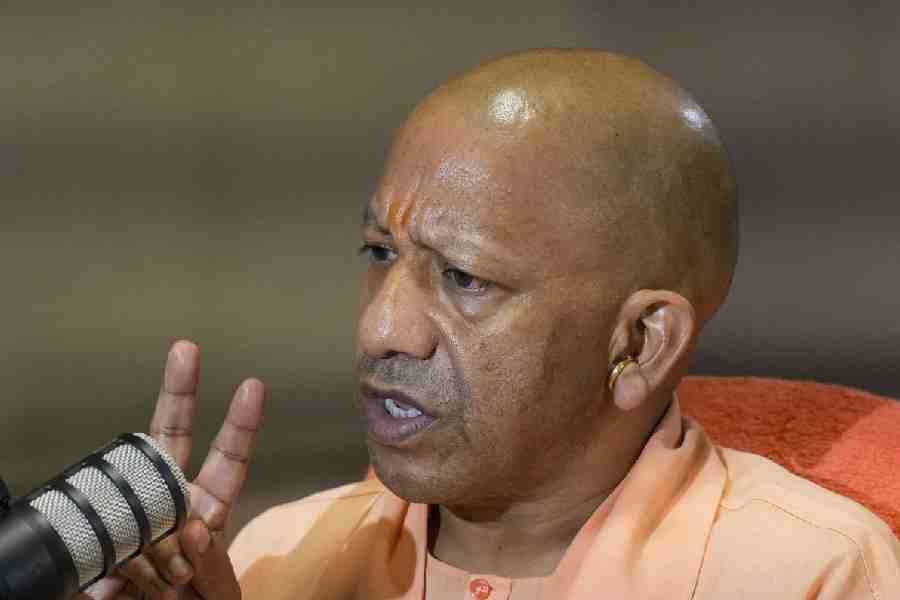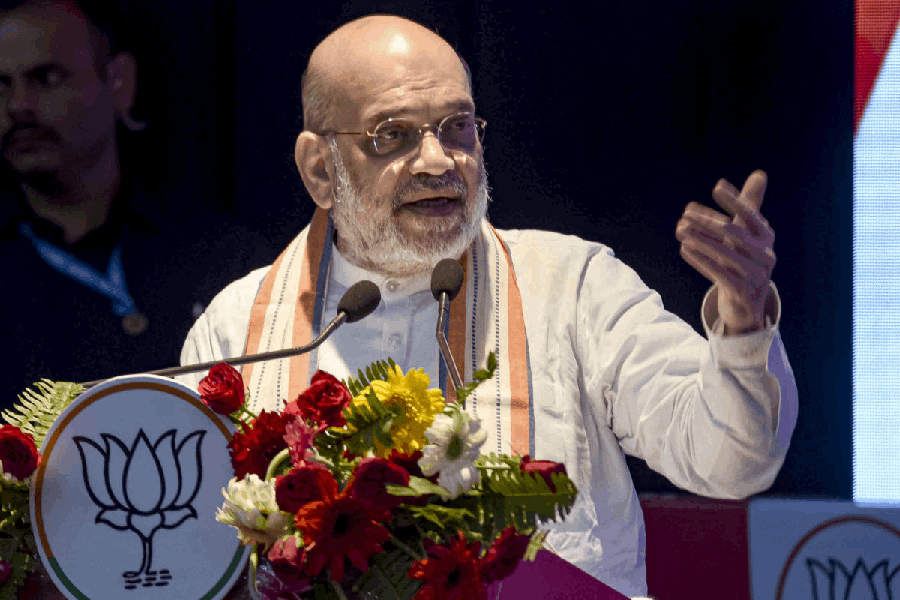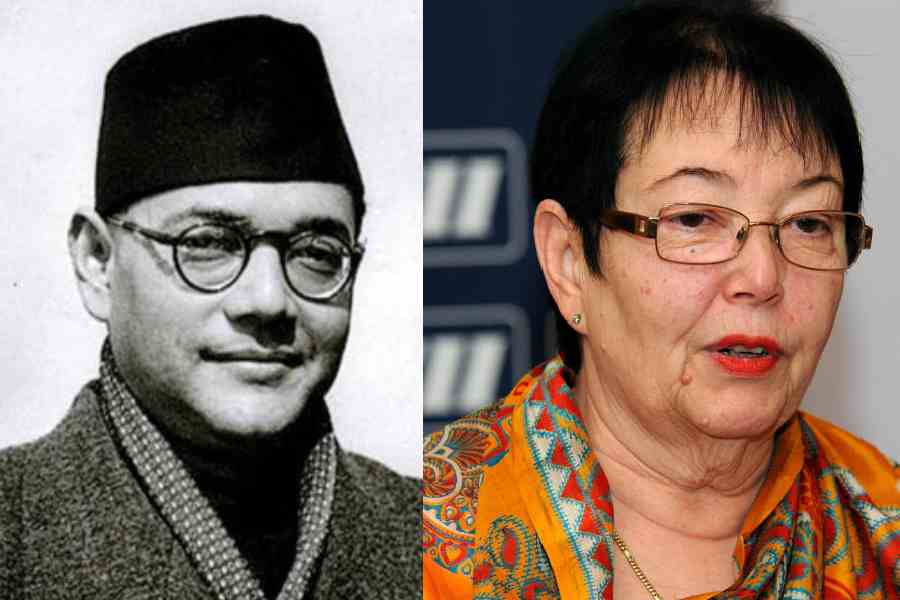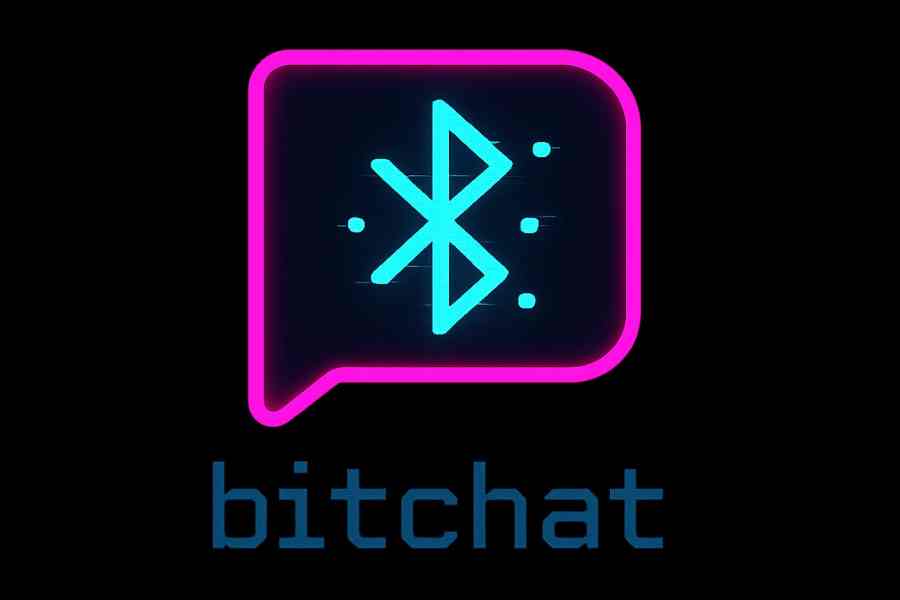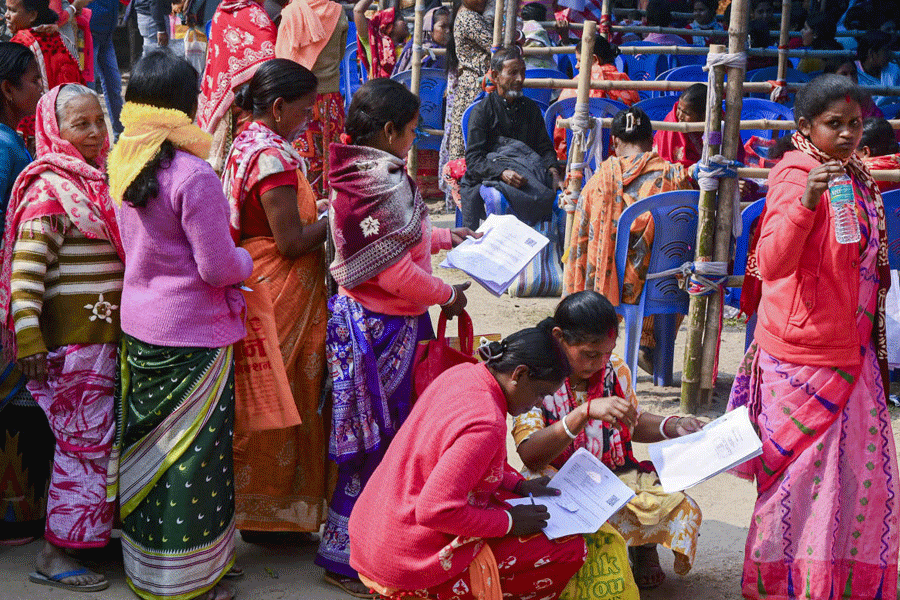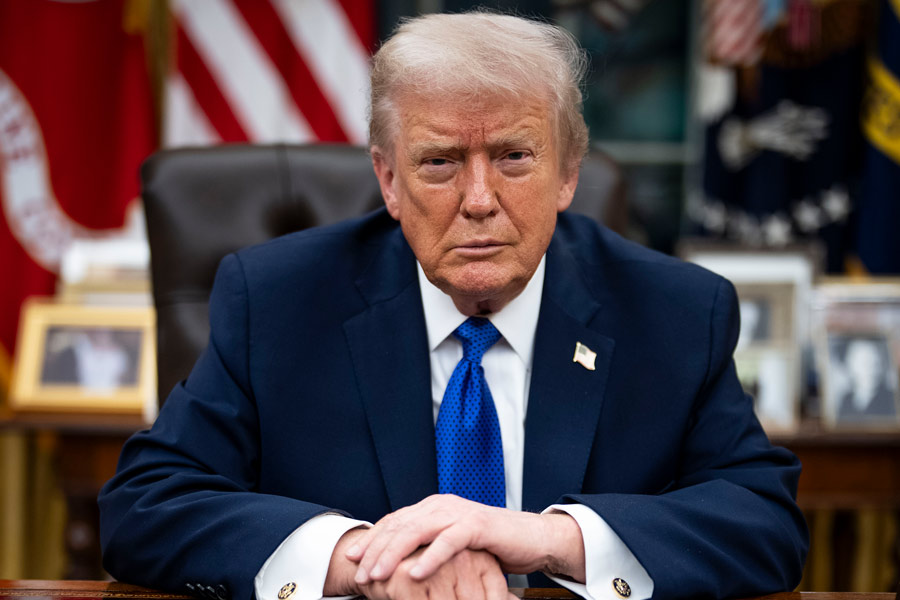
New Delhi: Countries negotiating a global declaration on tuberculosis are under pressure to give up their rights to use existing provisions in world trade laws to provide affordable second-line and new anti-TB drugs to their populations, an international humanitarian agency said on Friday.
Medecins Sans Frontieres said the US was "exerting extreme pressure" on other negotiators by refusing to sign the declaration if it retained text that "recognises the importance of affordable medicines" and "urges countries to enforce intellectual property rules to promote access".
The declaration is scheduled for release at the first-ever high-level United Nations meeting on TB in September this year. It is meant to serve as a pledge to accelerate the efforts to eliminate the infection.
The World Health Organisation's "End TB strategy" seeks to reduce the number of new TB cases worldwide by 80 per cent by 2030. India's health ministry has announced its own national strategic plan, which seeks to reduce the incidence of TB in India by 80 per cent by 2025.
Analysts tracking the negotiations over the draft declaration in New York said the Group of 77 bloc of developing countries was under pressure to drop the references to flexibilities and safeguards in a global trade pact that can help facilitate access to affordable medicines.

The safeguards enshrined in the World Trade Organisation's Agreement on Trade-Related Aspects of Intellectual Property Rights allow national governments to issue licences to override patents and allow inexpensive generic versions of medicines to be manufactured and sold.
"We're appealing to all countries, including the Group of 77, and countries with high TB burdens such as Brazil, China, India, Russia and South Africa to stand up against bullying that aims to keep medicines out of the hands of their people," said Leena Menghaney, head of Medecins Sans Frontieres' access campaign in South Asia.
Public health experts have said that any dramatic reduction in the incidence of TB worldwide will need a large-scale expansion of modern and rapid diagnostic tools and medicines, including second-line drugs, to treat multi-drug-resistant TB. Some of these diagnostic tools and medicines are expensive.
Menghaney said the safeguards were particularly critical for India, which has a large pharmaceutical industry providing inexpensive generic versions of many drugs for TB and other diseases. "It is important for India to keep alternative pipelines for inexpensive versions of drugs open -- for use within and outside India," she told The Telegraph.
Health experts are worried that future anti-TB drugs are likely to be patented, expensive and unaffordable for many people in low-income countries.
A new drug called bedaquiline, approved for use in some patients with multi-drug-resistant TB in 2012, costs $30,000 (about Rs 20.6 lakh) in the US. The company, Janssen, has established a programme to provide bedaquiline free to multi-drug-resistant TB patients in low and middle-income countries, including India.
However, Menghaney sid, India needs to facilitate alternative supply chains to new drugs as free drugs are not sustainable over the long term.
"Blocking affordable generic versions of safer oral medications (that are) needed to scale up treatments for people with drug-resistant TB will not be the way to respond to drug-resistant TB, which is a public health emergency," Sharonann Lynch, TB and HIV adviser for Medecins Sans Frontieres' access campaign, said.

